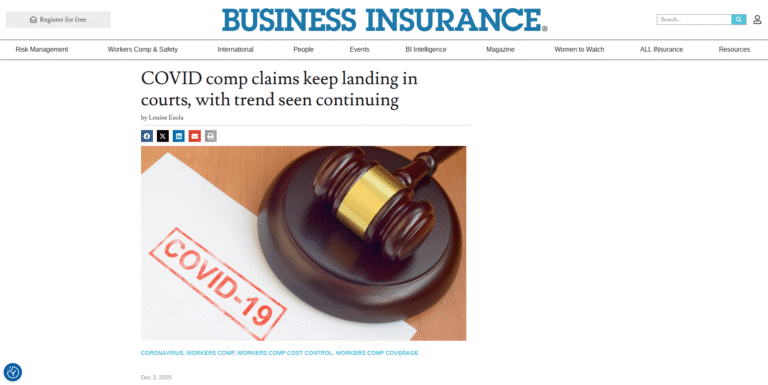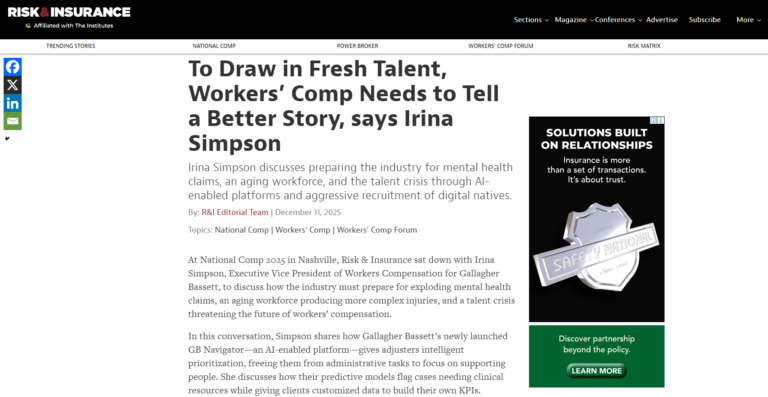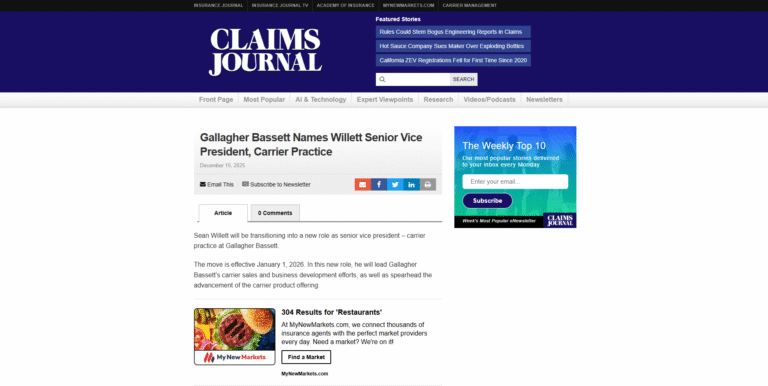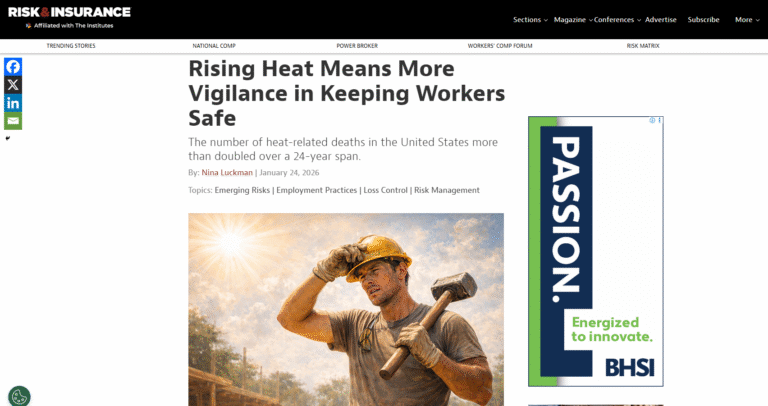For many carriers, operational and commercial efficiencies are a high priority in the wake of economic constraints. As a result, the last several years have seen the insurance sector turn its focus to capital management, which has led carriers to rapidly revisit comprehensive solutions for legacy claims and other underperforming lines of business.
Here, Jon Stambaugh explores the opportunities for carriers to alleviate legacy liabilities and enhance operational outcomes in the current industry environment.
As we’ve highlighted, it is more important than ever to cement strategies for long-term success amid instabilities in the industry and economy. Why is addressing legacy liabilities a critical step in achieving this goal, and how are legacy (run-off) claims contributing to operational stagnation?
Jon Stambaugh (JS): Legacy (run-off) claims have long caused problematic exposures for carriers who are struggling to close out legacy portfolios and who face further pressures from boards, shareholders, and regulators to clear away legacy files. They contribute to operational stagnation by consuming valuable resources, such as time, people, and capital surplus. The inability to resolve claims associated with non-renewed accounts restricts resources to less pressing matters and hinders the overall agility and flexibility of a business. By efficiently addressing these run-off books of business, carriers can streamline their operations, improve their resource allocation, and better position themselves for growth.
What strategies or solutions can carriers implement to prevent legacy claims from becoming a pain point for their business?
JS: There are several strategies available to prevent legacy claims from becoming operational blockers. Firstly, implementing robust claims management practices ensures claims are handled accurately and assigned to the necessary resources for timely resolution.
Secondly, integrating predictive modeling and advanced analytics technologies, such as Gallagher Bassett’s RMIS suite, Luminos, enables carriers to identify complex claims that are likely to become long-tail liabilities and outsource expert support. Overall, these strategies can lead to wider improvements across the business, such as refining claims processes and improving outcomes.
For carriers who have a large backlog of legacy claims, it can be overwhelming to know where to start. What is your advice for carriers wanting to begin workshopping solutions to eradicate legacy claims and start fresh?
JS: For carriers managing a large portfolio of legacy business, the first step is to identify high-risk claims by conducting a thorough review of the existing claims portfolio. From there, carriers can develop a triage strategy by focusing on the most complex and critical claims. At this stage, working with a specialist claims partner can be a valuable resource to support the prioritization of claims, and specialty claims expertise can be leveraged to expedite results. In essence, systematically addressing the backlog of legacy claims with the support of experts is the most effective approach.
Why is consulting a strategic partner an important step in addressing legacy claims?
JS: For many carriers, internally sourcing the expertise to address complex product lines can be challenging and potentially not motivating for employees handling long-term portfolios.
With an understanding of the jurisdictional nuances and the concerns of all parties involved, a strategic partner can develop more efficient and successful mediation strategies, thereby reducing the likelihood of litigation. Gallagher Bassett’s extensive experience in claims administration is backed by nearly sixty years of accumulated data, which offers valuable insights for optimizing outcomes and ensuring the fair and accurate adjustments of liabilities while safeguarding assets, industry ratings, and stakeholder value. A strategic claims partner can be invaluable when working across lines of business, such as workers’ compensation, construction defects, commercial auto, transportation, and specialty lines within the casualty market.
To learn how our Carrier Practice team can support your business in overcoming legacy liabilities, contact us for a free consultation today.






